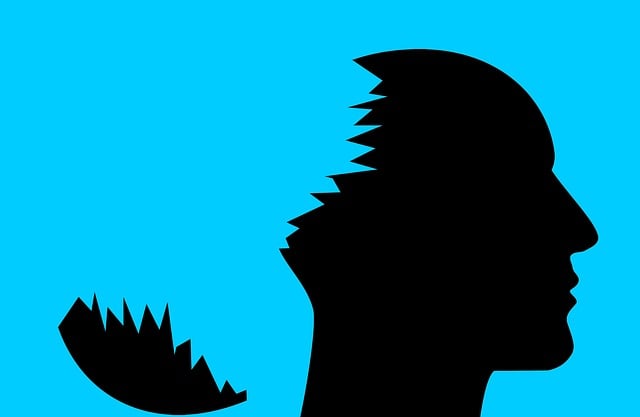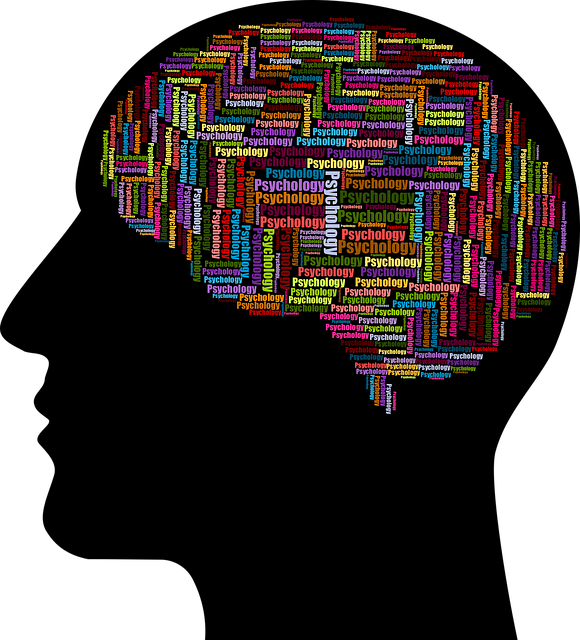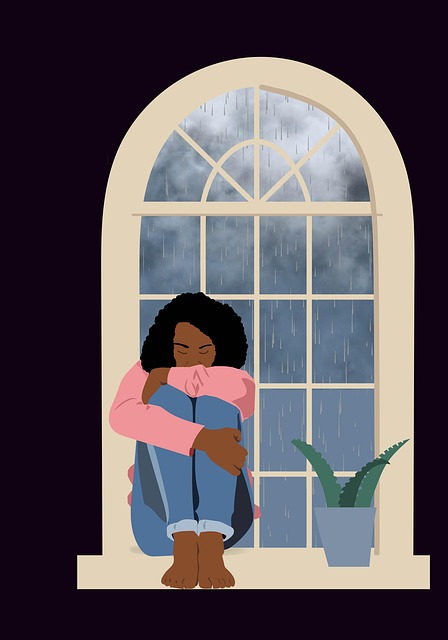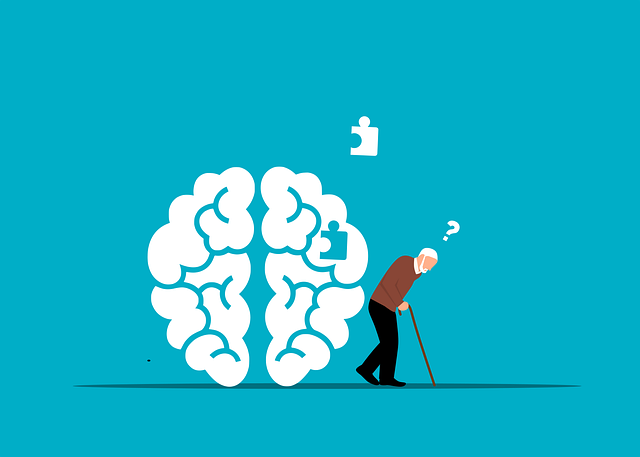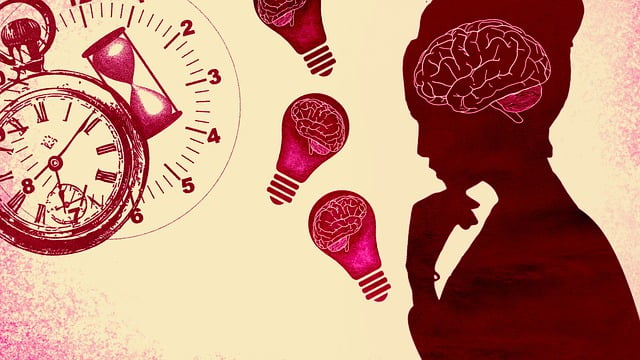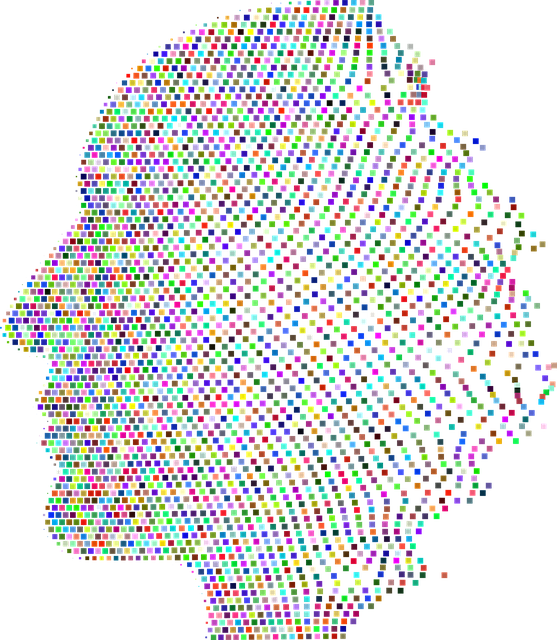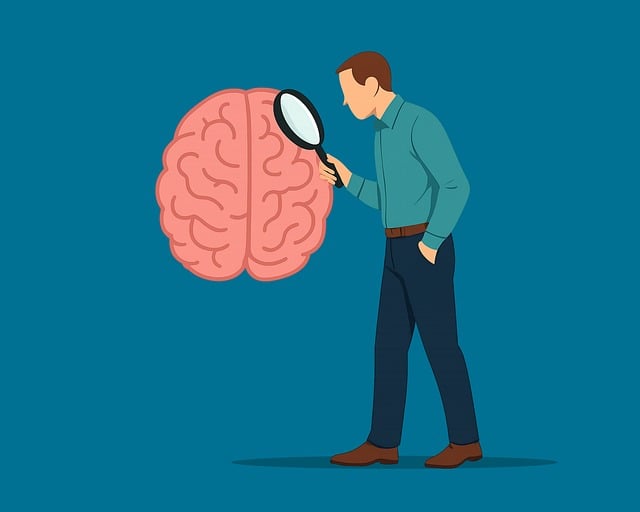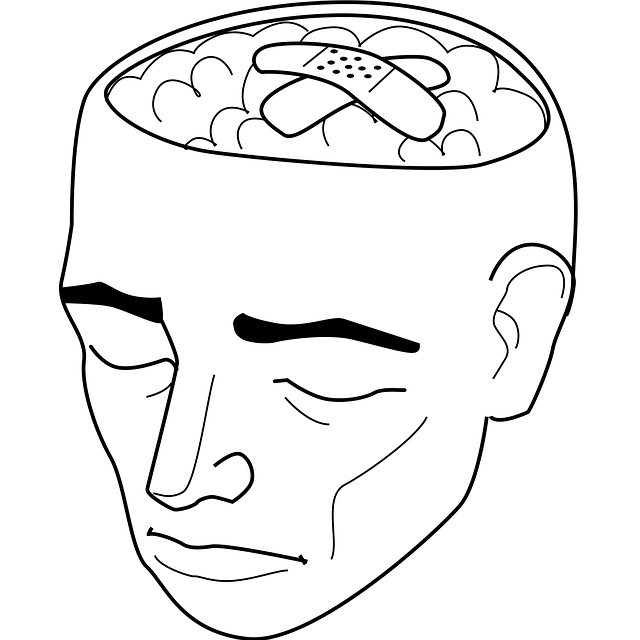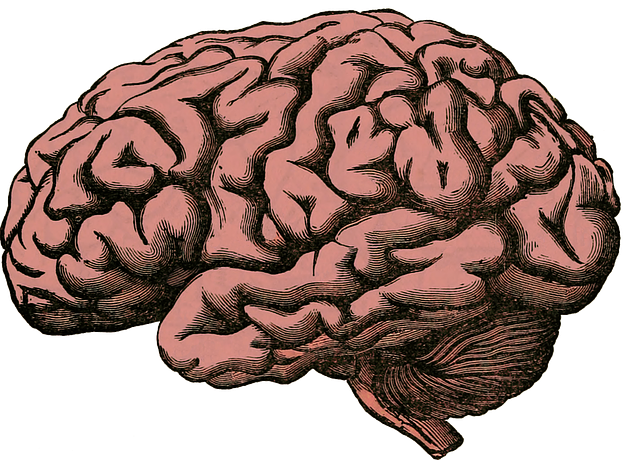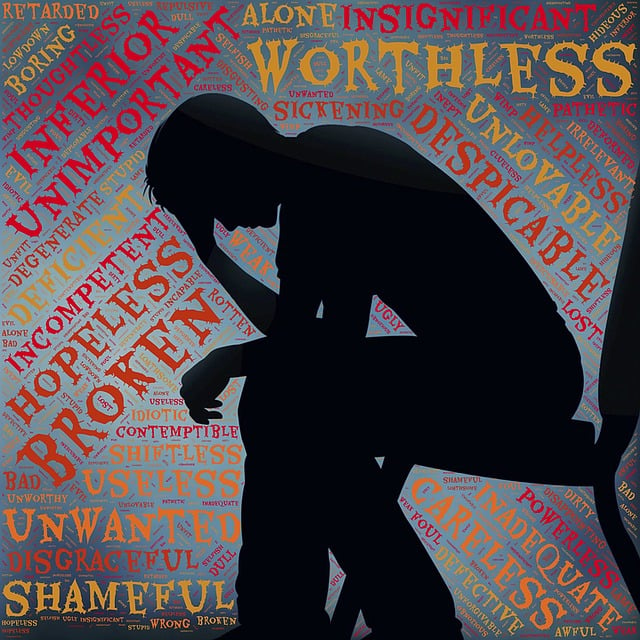Boulder Geriatrics Therapy leads in geriatric mental health care through innovative programs that reduce stigma, encourage early intervention, and promote self-care routines. They tailor content to diverse age groups and demographics, considering generational and cultural differences in stress reduction methods. Their curriculum development focuses on engaging learning modules combining evidence-based practices with accessible content, including case studies, role-plays, and group discussions. Interactive strategies like role-playing and hands-on activities enhance learning outcomes and encourage practical application of mental health skills in daily life. Evaluation through surveys, interviews, and discussions guides program improvements, ensuring tailored and personalized experiences that contribute to improved community mental health outcomes.
Mental health education is a vital component of holistic well-being, especially within specialized care settings like Boulder Geriatrics Therapy. This article explores the strategic design of mental health programs, from foundational literacy to interactive curriculum delivery. We delve into tailoring content for diverse audiences and the importance of evidence-based practices. By examining successful implementations at Boulder Geriatrics Therapy, we provide insights on creating engaging modules, incorporating interactive strategies, and establishing robust evaluation systems for continuous improvement in mental health education.
- Understanding Mental Health Literacy: The Cornerstone of Effective Program Design
- Identifying Target Audiences: Tailoring Content for Maximum Impact at Boulder Geriatrics Therapy
- Curriculum Development: Creating Engaging and Evidence-Based Learning Modules
- Incorporating Interactive Strategies: Fostering Active Participation in Mental Health Education
- Evaluation and Feedback Mechanisms: Measuring Success and Continuous Improvement at Boulder Geriatrics Therapy
Understanding Mental Health Literacy: The Cornerstone of Effective Program Design

Mental health literacy, a fundamental aspect of any comprehensive program design, involves equipping individuals with the knowledge and skills to understand, manage, and support their own mental well-being. This cornerstone is especially crucial in the context of geriatric care, where Boulder Geriatrics Therapy has pioneered innovative approaches. By fostering high levels of mental health literacy among both professionals and clients, these programs can significantly reduce stigma, encourage early intervention, and promote effective self-care routines.
For instance, integrating practices like Risk Management Planning for Mental Health Professionals ensures that caregivers are adept at recognizing and addressing potential risks in their patients’ mental health journeys. Similarly, focusing on Self-Care Routine Development for Better Mental Health empowers individuals to take proactive steps towards maintaining their emotional balance. Additionally, boosting confidence through targeted interventions can embolden people to seek help and support when needed, ultimately enhancing overall mental well-being.
Identifying Target Audiences: Tailoring Content for Maximum Impact at Boulder Geriatrics Therapy

Identifying target audiences is a crucial step in designing an effective mental health education program, especially at Boulder Geriatrics Therapy. By understanding the unique needs and challenges faced by different age groups and demographics, content can be tailored for maximum impact. For instance, programs aimed at older adults should focus on promoting self-care routine development for better mental health, given the specific concerns and opportunities for social engagement within this demographic.
At Boulder Geriatrics Therapy, we recognize that stress reduction methods vary across generations and cultural backgrounds. Therefore, our education programs incorporate confidence-boosting strategies relevant to each target audience. By adapting content to resonate with individuals’ personal experiences and circumstances, we ensure that the mental health resources provided are not only accessible but also deeply beneficial for all those seeking support at our facility.
Curriculum Development: Creating Engaging and Evidence-Based Learning Modules

Curriculum development is a critical aspect of designing an effective mental health education program. When creating learning modules for Boulder Geriatrics Therapy or any mental wellness coaching program, it’s essential to strike a balance between engaging content and evidence-based practices. Each module should be carefully crafted to cater to diverse learning styles, ensuring accessibility and interaction throughout the process. Incorporating interactive elements like case studies, role-plays, and group discussions can enhance knowledge retention and foster a supportive learning environment.
The key lies in developing modules that not only teach but also inspire action. For instance, integrating strategies for anxiety relief into the curriculum allows participants to gain practical skills. By combining theoretical knowledge with actionable takeaways, learners can apply what they’ve acquired in their daily lives, promoting mental wellness and fostering a sense of empowerment. This tailored approach ensures that the program remains relevant, effective, and aligned with the latest research in geriatric mental health care.
Incorporating Interactive Strategies: Fostering Active Participation in Mental Health Education

Incorporating interactive strategies is essential for fostering active participation in mental health education. Engaging approaches like role-playing scenarios, group discussions, and hands-on activities can significantly enhance learning outcomes, especially when tailored to diverse populations, including those served by Boulder Geriatrics Therapy. These dynamic methods not only make the educational experience more enjoyable but also encourage participants to apply what they’ve learned in real-life situations.
For instance, incorporating Mindfulness Meditation techniques into mental health education programs can help individuals develop emotional intelligence and cultivate a deeper understanding of their thoughts and feelings. Similarly, introducing Mind Over Matter principles through interactive workshops can empower individuals to take control of their mental well-being, complementing the comprehensive care provided by Boulder Geriatrics Therapy.
Evaluation and Feedback Mechanisms: Measuring Success and Continuous Improvement at Boulder Geriatrics Therapy

At Boulder Geriatrics Therapy, evaluation and feedback mechanisms play a pivotal role in shaping their mental health education program design. They leverage comprehensive assessments to measure the success of interventions, capturing both qualitative and quantitative data from participants. This includes pre-post surveys, individual interviews, and group discussions that assess changes in knowledge, attitudes, and skills related to mental wellness. By collecting this feedback, Boulder Geriatrics Therapy can identify areas for improvement and tailor their programs to better meet the evolving needs of their community.
The integration of these evaluation strategies fosters a culture of continuous improvement, ensuring that their Mental Health Awareness initiatives remain relevant and impactful. This data-driven approach not only enhances the effectiveness of their Public Awareness Campaigns Development but also informs the mental wellness coaching programs development at Boulder Geriatrics Therapy. By listening to the voices of participants, they can create more personalized and engaging experiences, ultimately contributing to improved mental health outcomes in the community.
Mental health education programs, as exemplified by the successful implementation at Boulder Geriatrics Therapy, should prioritize literacy, tailored content, and interactive learning. By understanding the target audience’s needs and incorporating evidence-based curriculum with engaging strategies, programs can significantly impact mental wellness outcomes. Evaluation through feedback mechanisms ensures continuous improvement, fostering a culture of open dialogue and progress in mental health education, as seen at Boulder Geriatrics Therapy. These principles guide the design of effective programs that make a tangible difference in communities worldwide.

